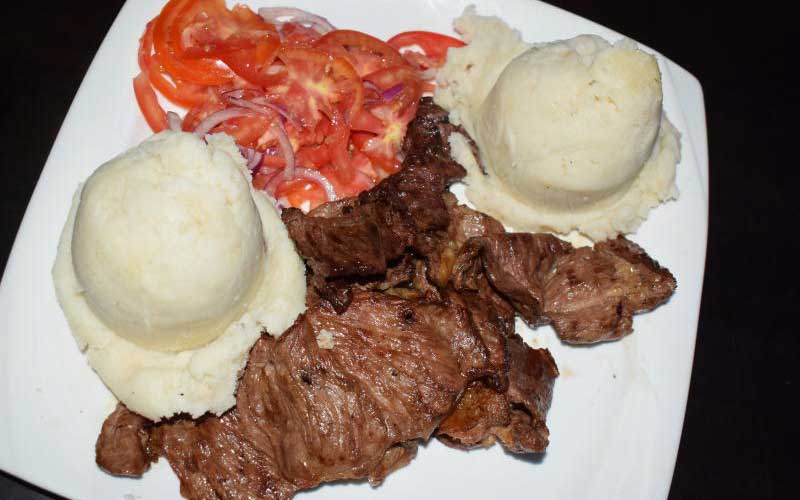×
The Standard e-Paper
Fearless, Trusted News

A number of maize flour brands blacklisted by the Kenya Bureau of Standard (Kebs) are still on sale.
Kebs on Saturday released a statement informing the public to avoid Dola Maize Meal by Kitui Flour Mills, Kifaru Maize Meal by Alpha Grain Limited, Starehe Maize Meal by Pan African Grain Millers, Two Ten Maize Meal by Kenblest Limited and Jembe Maize Meal by Kensalrise Limited.